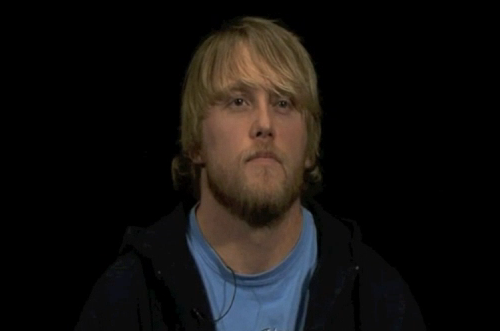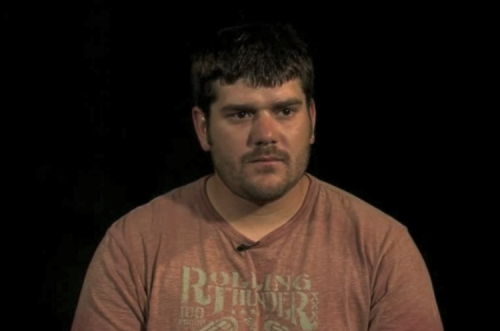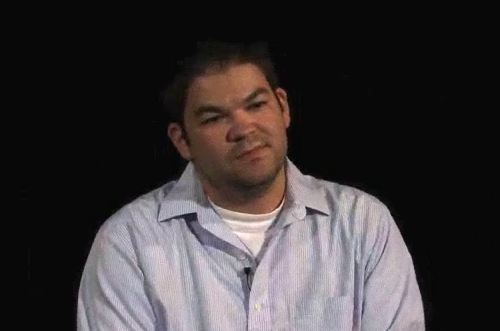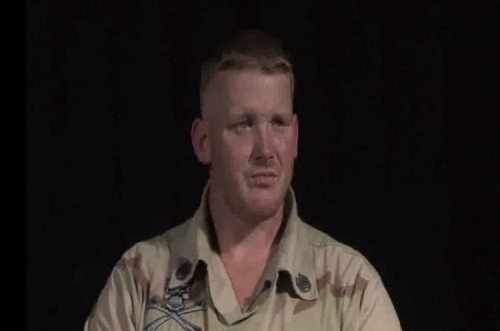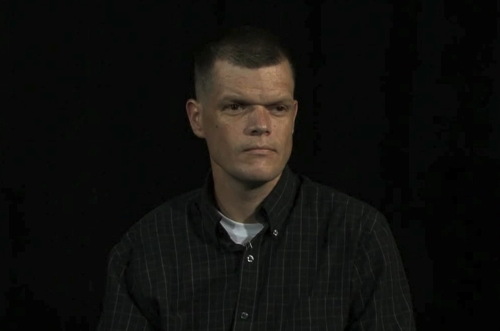In Their Own Words
The following interviews were conducted at the Digital Media Studio at Lehigh University. They all follow a general arc from enlistment, to training, military service, and discharge.
Christensen (1985 - ) joined the Marines as part of the high school DEBT program and attended boot camp in Parris Island, South Carolina. Upon completion, he reported to Marine Combat Training Camp Geiger in North Carolina. Christensen’s first deployment was to Fallujah and his second deployment was to Ramadi. He believes Marines face a huge stigma upon returning home.
Dan Zimpfer (1984-) enlisted in the United States Marine Corps via The Delayed Entry Program in 2003. After completing boot camp, Zimpfer then went to the School of Infantry at Camp Geiger. he was deployed to Kabul, Afghanistan and then to Fallujah, Iraq. A recipient of the Purple Heart, Zimpfer says that if he has children he would like them to go into the military because it makes you more mature and provides structure to your life.
Angry over the events of September 11th, Nied enlisted in the United States Army and his job was to assess and monitor signal communications. He was stationed in Landstuhl, Germany and says that the real casualties of war are the men who served in the Infantry on the front lines. He isn’t sure if the war was worth it in the end but says that he misses the bonds of brotherhood he experienced as a soldier.
Tom Lowry (1981-2014) joined the Marine Corps in 2000 and, after completing basic training, attended the School of Infantry. In the wake of September 11th, he was assigned to the 3rd Battalion 5th Marines and was deployed to Kuwait and then to Fallujah. He sustained multiple injuries while deployed including being shot four times in the chest and once in the back, being knifed in the chest, being shot in the thigh, suffering an extreme concussion and being injured in the face. Lowry notes that a lot of veterans need help when returning home but many are too proud to ask for it.
Eric Fair (1972- ) enlisted in the United States Army in 1995. He worked as a linguist as part of the 101st Airborne Division and he was honorably discharged in 2000. In the aftermath of September 11th, Fair signed with the freelance contracting firm CACI and worked as an interrogator at Abu Ghraib. He has struggled with nightmares since his return home.
Chris Howard (1984-), who served in the United States Army from 2002 to 2015, was previously interviewed for the Veterans Empathy Project to discuss his military service. In this interview, Chris discusses in greater depth the process of transitioning from the high-paced military lifestyle of five deployments to civilian life. He provides important insight into the ways his military service and training have affected the way he lives and views the world. He also discusses his experiences with PTSD and the strategies he uses to cope with it. Chris states that he does not regret his military service and would not hesitate to reenlist. He further states that he misses the military because the level of friendship, camaraderie, and support within the military community cannot be replicated in the civilian wo

